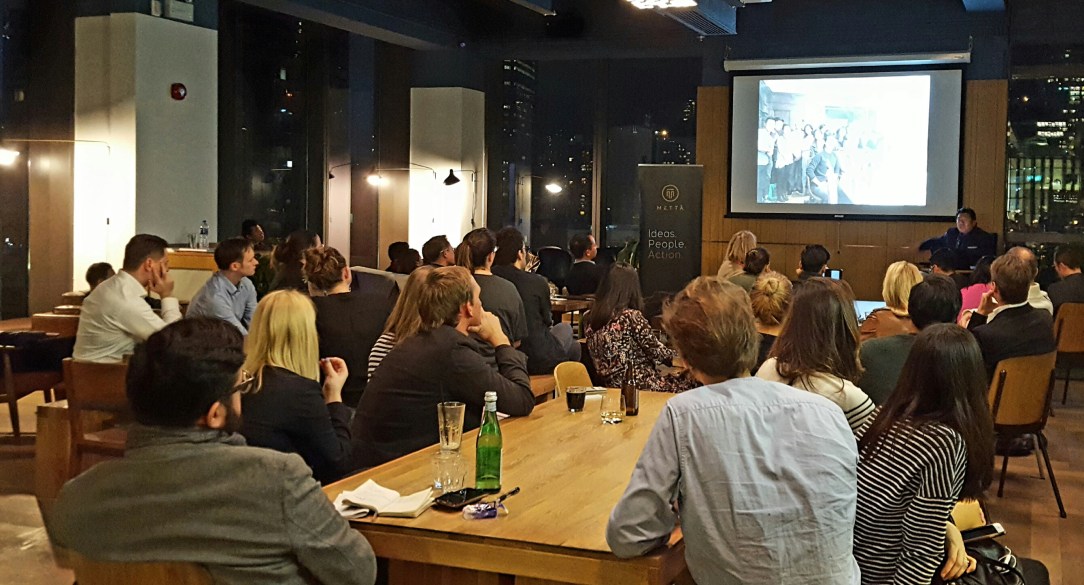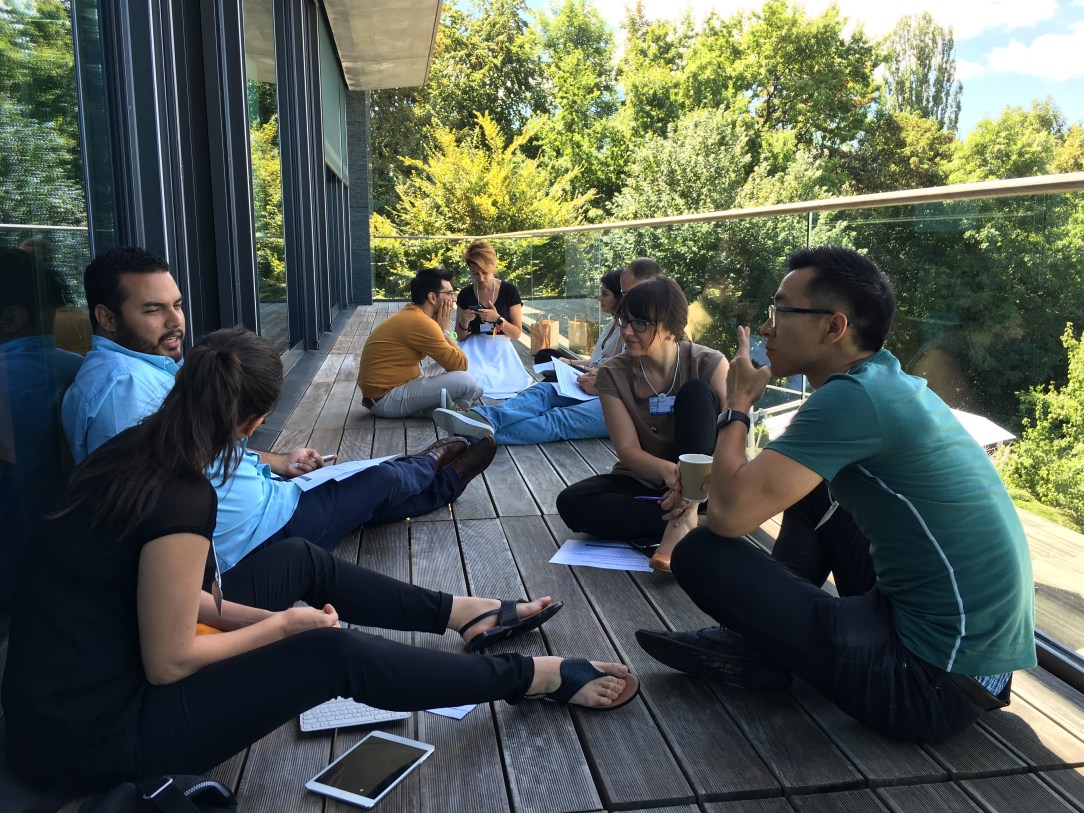On January 25, I attended the “Communities, Networks & Collectives Salon: 2 to 73,000” event at Mettā. The keynote speaker at the event was Richard Hsu who talked about his communities and networks and the philosophies behind the projects that grow and support these communities and networks. The description of the event reads as follows: In an era of sharing
Category: Civil Society
As described in the official website globalshapers.org: The Global Shapers Community is a network of Hubs developed and led by young people who are exceptional in their potential, their achievements and their drive to make a contribution to their communities. We are an initiative of the World Economic Forum (“Forum”), and support its commitment to improving the state
The World Economic Forum released the results to the Global Shapers Annual Survey 2016 in August (#ShapersSurvey). 18,402 responses were made to the question “in your opinion, what are the three most serious issues affecting your country today?” The top response was “government accountability & transparency / corruption” (57.3% of the responses). So, corruption is the top concern
In my recent visit to Geneva, I spoke with Dr. David Nabarro, the Special Adviser on the 2030 Agenda for Sustainable Development to the United Nations Secretary-General, about the youth leadership at a World Economic Forum event. He said that youth is a time of transformation and experimentation. We discussed about the issues of establishing opportunities for developing young
This is part of my periodic review of my community services and self-appraisal. I find it enriching to serve underprivileged groups, and through my community commitments I discovered that I am moved by initiatives based on the values of social inclusion and social justice. I believe that enhancing social inclusiveness is critical to the community,
At the 2016 Annual Curators Meeting, Global Shapers spent time exploring values and considering the issues of leadership development. Among many topics, Shapers were asked to consider as leaders the strengths and weaknesses in expressing vulnerability; balancing individual control and collaboration; and standing alone and building a following to enhance a vision. Prof. Klaus Schwab, the founder of the World
The cover image depicts a synchrotron conduit cut-out from CERN. The Fourth Industrial Revolution (“4IR”) challenges are a mash of issues arising from complex, rapidly changing, post-structural, and interconnected systems. What really matters is: How should we articulate the problems to help us formulate viable solutions? “Systems thinking” may offer an effective approach. Conditions of tomorrow, today
How individuals can help effect sustainable development and inclusive growth: (i) Stimulate a culture of “citizen accounting” and audit your government for the future; (ii) Adopt a “systems thinking” mindset; (iii) Proactively engage stakeholders and have a good understanding of collective interests; (iv) Create safe spaces for authentic dialogue; (v)
Be a “stropist” in implementing the SDGs.
The Annual Curators Meeting 2016 (“ACM”) provided many useful lessons for effective contribution to the Global Shapers Community. I was privileged to represent the Hong Kong Hub as its Deputy Curator. Here is the last of the five lessons I learnt. The ACM made me reflect on several things about being a Shaper. It made me a better advocate for youth
The Millennial stereotype is a working hypothesis. What we do know is that socially engaged young people with technology have made enormous impact in their communities. So, we should involve young people in decision-making and policy-making activities while they are young to improve the world. Young people’s voices are by themselves no less legitimate than older voices. In some cases, socially engaged young people have much to contribute to society.








